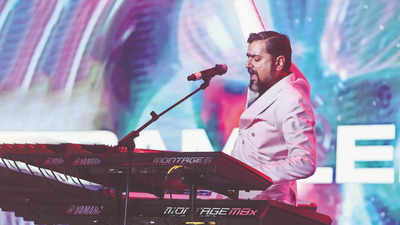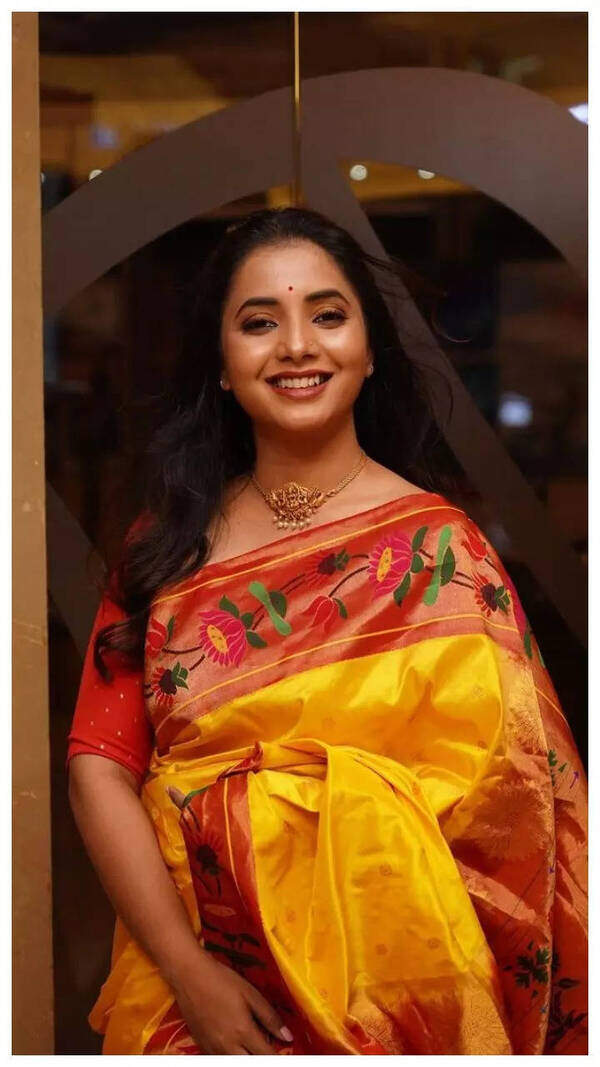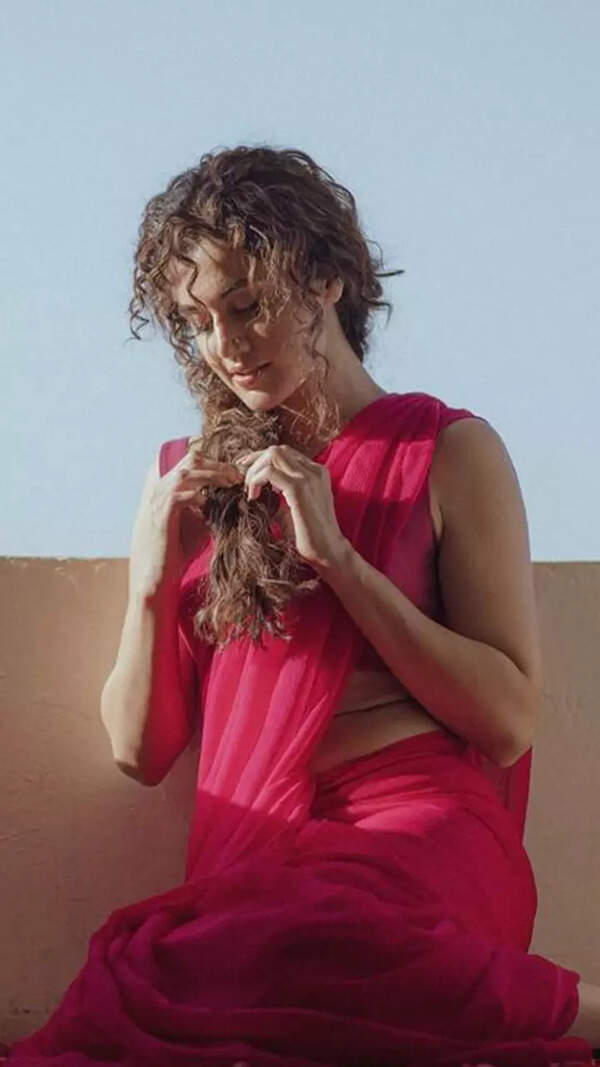- News
- entertainment
- tamil
- movies
- Chennai’s musical heritage sets it apart: Ricky Kej
Trending
Chennai’s musical heritage sets it apart: Ricky Kej
In an interview with us, Ricky Kej delves into his experiences performing in Chennai, his collab mantra, the importance of artistic integrity and more...

Three-time Grammy-winning composer Ricky Kej recently performed in Chennai, a city that holds a special place in his heart. In an interview with us, Kej delves into his experiences performing in Chennai, his collab mantra, the importance of artistic integrity and more...
What makes performing in Chennai so special for you?
I remember an interview where AR Rahman was answering questions and one of the interviewers said, “You should envision a place that is like a city of music and art, where people with their amazing arts and culture come together to make their careers in the arts.A city where all disciplines of the arts thrive.” ARR stopped them in the middle and said, “There is already a city. It's called Chennai.” That stuck with me because whenever I do concerts in Chennai, I realise that the city’s rich musical heritage truly sets it apart. The audience here is far more receptive; they appreciate the nuances and complexities of music.
On how the grammys impacted his career...
How do you approach collaborations?
I have a simple rule — I only collaborate with musicians who are better than me. Every
From your past collabs, have you learned something that has stuck with you?
Normally, I’m quite hands-on during collaborations. But with the seven-time Grammy winner, Stewart Copeland, I decided to take a different approach and pledged to surrender to his expertise while working on Divine, our first album together. Even if something initially felt offbeat, I decided to stay quiet for two weeks before voicing my opinions. There were numerous times where he would ask me to do something and I would think that it was not going to work and then at the end of two weeks, I would always thank God that I did not listen to my own opinion.
How do you merge your passion for environmentalism into your music?
When I started making music, I made a very strong decision that I wasn't going to be a part of the mainstream movie industry. This is because many times people take up the music career out of passion, but end up making music that they themselves do not listen to. So, very early on in my career, I decided that I was only going to make music about things that I felt strongly about, even if it meant that I was not going to make money.
Do you see indie music growing in India, or will film music continue to dominate?
In India, if you tell anyone that you are a music composer, the first question they're going to ask, is ‘Which film have you worked in?’ That's the impact of film music. They've got the marketing machinery and a clear pathway towards getting played on radio, television, OTT and theatres. But there is going to be an independent music scene as well that is going to co-exist, but it’s not going to be as big as the movie industry.
What about working in films?
If they make a film with a social cause, I would definitely work in films. In fact, I did a Malayalam film called Adrishya Jalakangal last year. It was an anti-war movie. It showed how war affects people who are of the lowest common denominator, even without actually being part of the war. When the director narrated the story to me, I figured that he had his heart in the right place, and that is why I did it.
What makes performing in Chennai so special for you?
I remember an interview where AR Rahman was answering questions and one of the interviewers said, “You should envision a place that is like a city of music and art, where people with their amazing arts and culture come together to make their careers in the arts.A city where all disciplines of the arts thrive.” ARR stopped them in the middle and said, “There is already a city. It's called Chennai.” That stuck with me because whenever I do concerts in Chennai, I realise that the city’s rich musical heritage truly sets it apart. The audience here is far more receptive; they appreciate the nuances and complexities of music.
On how the grammys impacted his career...
The first Grammy was surreal! It was a dream come true, a validation of all the hard work and dedication. But more importantly, it provided a global platform. Suddenly, doors opened for collaborations I could only dream of before. The Grammy allowed me to reach a wider audience and share my message on a larger scale.
How do you approach collaborations?
I have a simple rule — I only collaborate with musicians who are better than me. Every
musician I've worked with, from vocalists to instrumentalists, has something unique to offer.
From your past collabs, have you learned something that has stuck with you?
Normally, I’m quite hands-on during collaborations. But with the seven-time Grammy winner, Stewart Copeland, I decided to take a different approach and pledged to surrender to his expertise while working on Divine, our first album together. Even if something initially felt offbeat, I decided to stay quiet for two weeks before voicing my opinions. There were numerous times where he would ask me to do something and I would think that it was not going to work and then at the end of two weeks, I would always thank God that I did not listen to my own opinion.
How do you merge your passion for environmentalism into your music?
When I started making music, I made a very strong decision that I wasn't going to be a part of the mainstream movie industry. This is because many times people take up the music career out of passion, but end up making music that they themselves do not listen to. So, very early on in my career, I decided that I was only going to make music about things that I felt strongly about, even if it meant that I was not going to make money.
Do you see indie music growing in India, or will film music continue to dominate?
In India, if you tell anyone that you are a music composer, the first question they're going to ask, is ‘Which film have you worked in?’ That's the impact of film music. They've got the marketing machinery and a clear pathway towards getting played on radio, television, OTT and theatres. But there is going to be an independent music scene as well that is going to co-exist, but it’s not going to be as big as the movie industry.
What about working in films?
If they make a film with a social cause, I would definitely work in films. In fact, I did a Malayalam film called Adrishya Jalakangal last year. It was an anti-war movie. It showed how war affects people who are of the lowest common denominator, even without actually being part of the war. When the director narrated the story to me, I figured that he had his heart in the right place, and that is why I did it.
End of Article
FOLLOW US ON SOCIAL MEDIA









